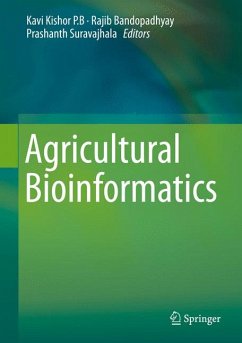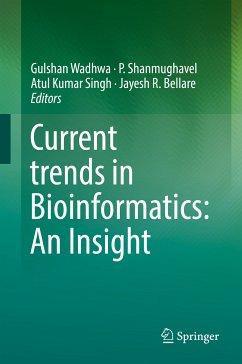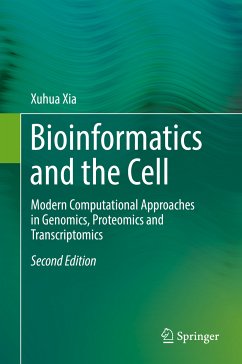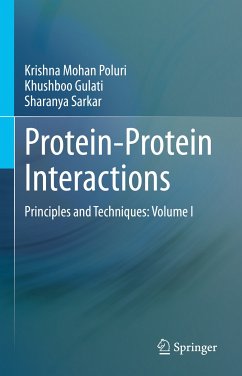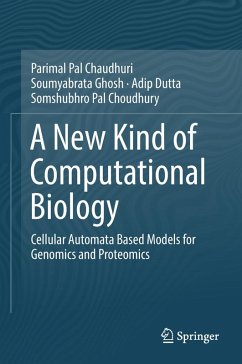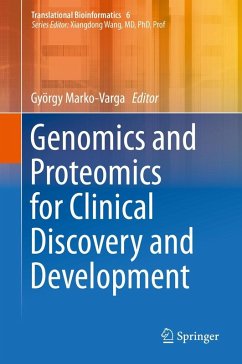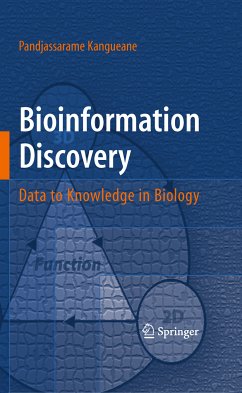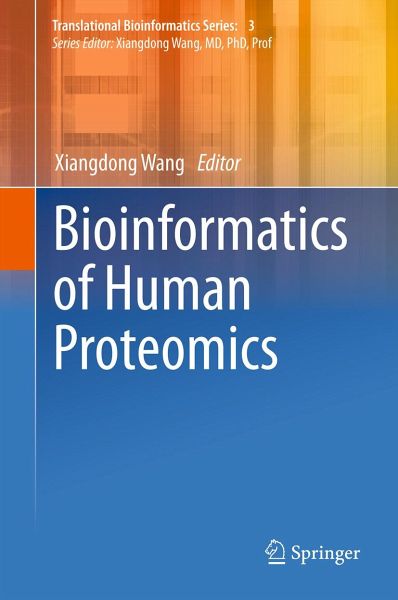
Bioinformatics of Human Proteomics (eBook, PDF)
Versandkostenfrei!
Sofort per Download lieferbar
160,95 €
inkl. MwSt.
Weitere Ausgaben:

PAYBACK Punkte
80 °P sammeln!
"Bioinformatics of Human Proteomics" discusses the development of methods, techniques and applications in the field of protein bioinformatics, an important direction in bioinformatics. It collects contributions from expert researchers in order to provide a practical guide to this complex field of study. The book covers the protein interaction network, drug discovery and development, the relationship between translational medicine and bioinformatics, and advances in proteomic methods, while also demonstrating important bioinformatics tools and methods available today for protein analysis, inter...
"Bioinformatics of Human Proteomics" discusses the development of methods, techniques and applications in the field of protein bioinformatics, an important direction in bioinformatics. It collects contributions from expert researchers in order to provide a practical guide to this complex field of study. The book covers the protein interaction network, drug discovery and development, the relationship between translational medicine and bioinformatics, and advances in proteomic methods, while also demonstrating important bioinformatics tools and methods available today for protein analysis, interpretation and predication. It is intended for experts or senior researchers in the fields of clinical research-related biostatistics, bioinformatics, computational biology, medicine, statistics, system biology, molecular diagnostics, biomarkers, or drug discovery and development. Dr.Xiangdong Wang works as a distinguished professor of Respiratory Medicine at Fudan University, Shanghai, China. He serves as Director of Biomedical Research Center, Fudan University Zhongshan Hospital and adjunct professor of Clinical Bioinformatics at Lund University, Sweden. His main research is focused on the role of clinical bioinformatics in the development of disease-specific biomarkers and dynamic network biomarkers, the molecular mechanism of organ dysfunction and potential therapies.
Dieser Download kann aus rechtlichen Gründen nur mit Rechnungsadresse in A, B, BG, CY, CZ, D, DK, EW, E, FIN, F, GR, HR, H, IRL, I, LT, L, LR, M, NL, PL, P, R, S, SLO, SK ausgeliefert werden.





